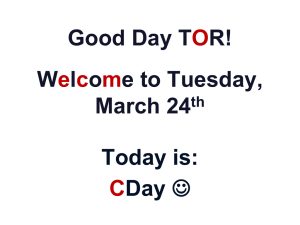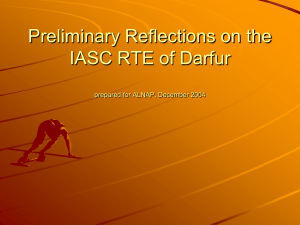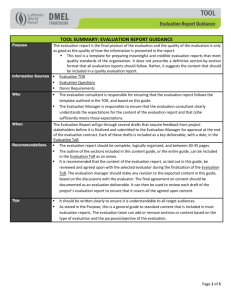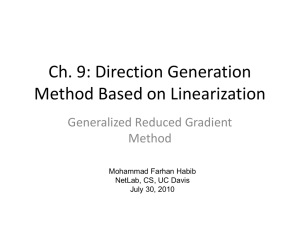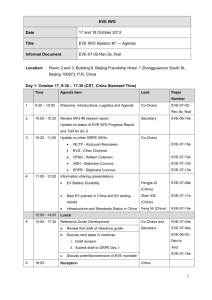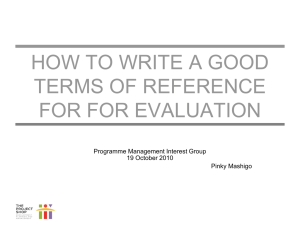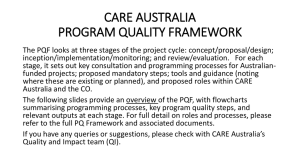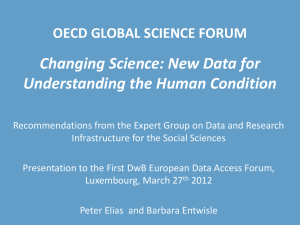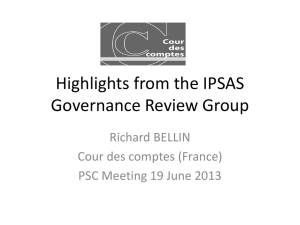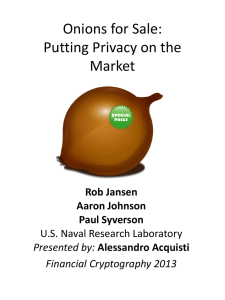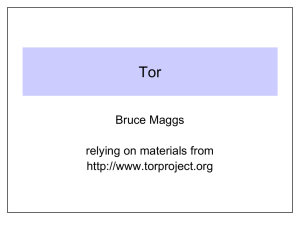GRG Meeting Minutes
advertisement
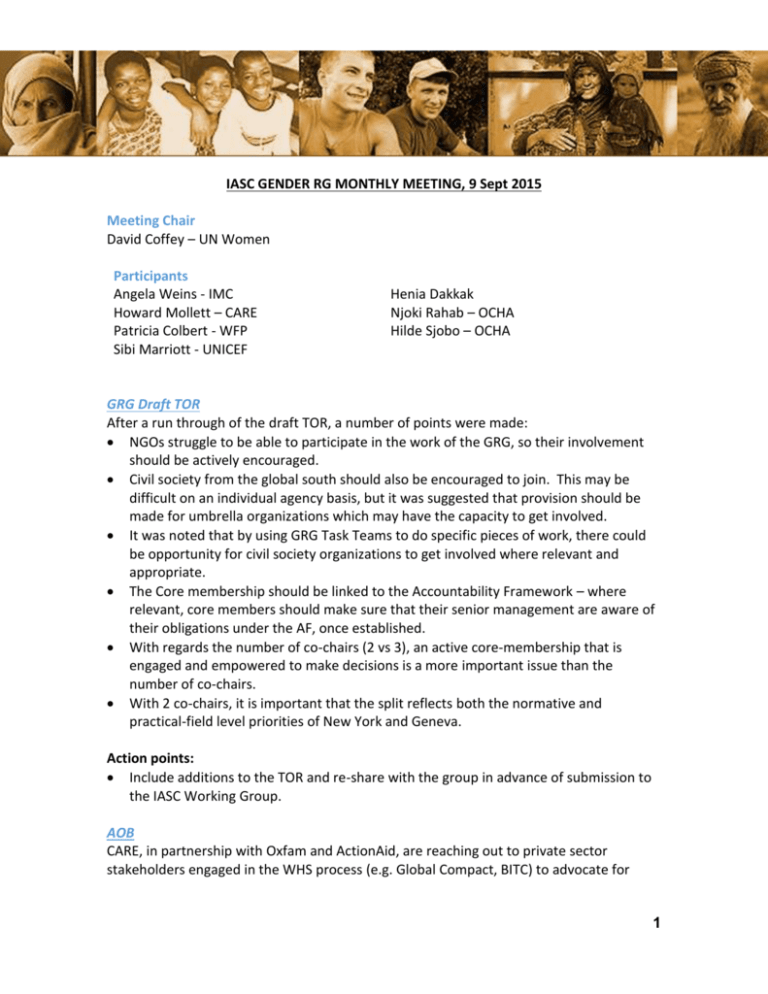
IASC GENDER RG MONTHLY MEETING, 9 Sept 2015 Meeting Chair David Coffey – UN Women Participants Angela Weins - IMC Howard Mollett – CARE Patricia Colbert - WFP Sibi Marriott - UNICEF Henia Dakkak Njoki Rahab – OCHA Hilde Sjobo – OCHA GRG Draft TOR After a run through of the draft TOR, a number of points were made: NGOs struggle to be able to participate in the work of the GRG, so their involvement should be actively encouraged. Civil society from the global south should also be encouraged to join. This may be difficult on an individual agency basis, but it was suggested that provision should be made for umbrella organizations which may have the capacity to get involved. It was noted that by using GRG Task Teams to do specific pieces of work, there could be opportunity for civil society organizations to get involved where relevant and appropriate. The Core membership should be linked to the Accountability Framework – where relevant, core members should make sure that their senior management are aware of their obligations under the AF, once established. With regards the number of co-chairs (2 vs 3), an active core-membership that is engaged and empowered to make decisions is a more important issue than the number of co-chairs. With 2 co-chairs, it is important that the split reflects both the normative and practical-field level priorities of New York and Geneva. Action points: Include additions to the TOR and re-share with the group in advance of submission to the IASC Working Group. AOB CARE, in partnership with Oxfam and ActionAid, are reaching out to private sector stakeholders engaged in the WHS process (e.g. Global Compact, BITC) to advocate for 1 their commitment to gender equality and women’s empowerment. CARE drafting a joint letter and would welcome additional signatories. Action Points: CARE to share descriptive Power Point to share with the wider group to garner support. 2
